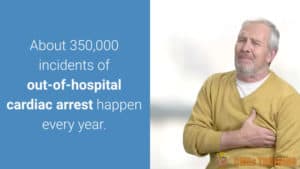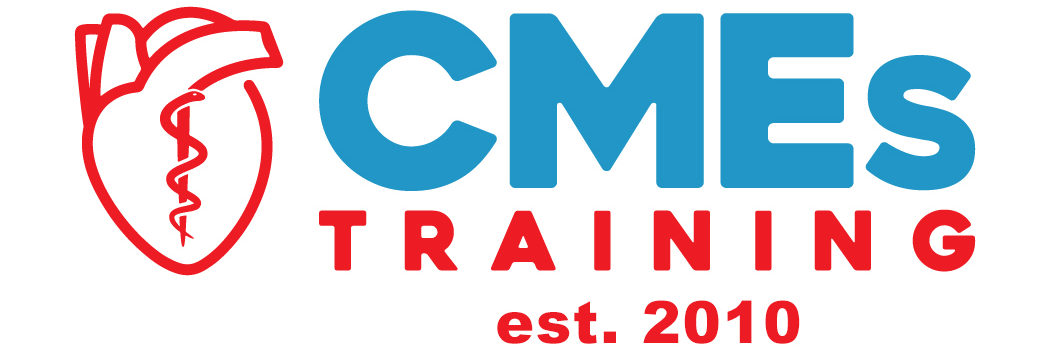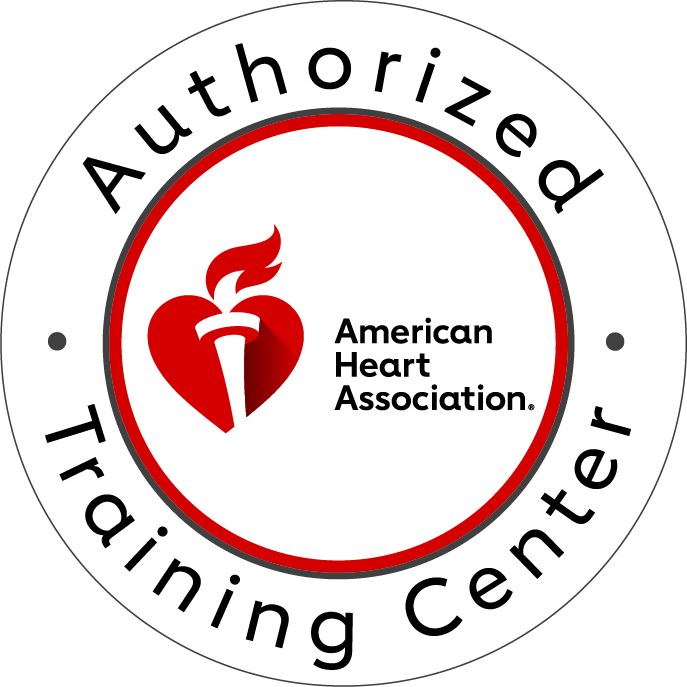The Ultimate Guide to CPR Certification

About 350,000 incidents of out-of-hospital cardiac arrest happen every year.
Whether you’re a random bystander or asked to give medical assistance as a part of your job, learning CPR can help you to save a life. If you’ve considered getting your CPR certification in Florida, or if your place of employment requires this certification, we know you have a few questions about the process.
Consider this your ultimate guide to understanding how the CPR certification process works.
We’ll also let you know where you can go to receive expert in-person CPR training and certification.
The Ultimate Guide to CPR Certification

About 350,000 incidents of out-of-hospital cardiac arrest happen every year.
Whether you’re a random bystander or asked to give medical assistance as a part of your job, learning CPR can help you to save a life. If you’ve considered getting your CPR certification in Florida, or if your place of employment requires this certification, we know you have a few questions about the process.
Consider this your ultimate guide to understanding how the CPR certification process works.
We’ll also let you know where you can go to receive expert in-person CPR training and certification.
Professions Requiring CPR Certification
First, let’s quickly take a look at some of the non-medical professions that may require you to earn CPR certification.
If you’re a sports coach or athletic trainer — especially if you work with younger children and adolescents — you’ll likely need to earn your CPR certification. You may even be required to have your certification if you’re a yoga teacher, especially if you teach hot yoga.
Child care providers and nannies also need CPR certification. When you’re looking for CPR courses, we suggest that you find one that offers specialization in infant CPR, or CPR for young children.
Wait staff at restaurants, social workers, flight attendants, security guards, retail managers, and lifeguards are also often required to learn CPR.
Teachers, parents, mental health professionals, and even office secretaries may also want to consider earning their CPR certification.
What Does CPR Certification Entail?
So, what should you expect out of your CPR certification course?
You can choose to take your course entirely in-person, or you can take a blended class, which means that you’ll take part of the course online and part of the course in-person. You’ll be able to earn your certification whether or not you have any kind of prior medical experience or training.
You should wear something comfortable, as there’s a physical component to the class. You’ll receive a manual that will help you to understand more about how CPR works and why it’s so effective.
You’ll learn how to perform conventional CPR, how to recognize the signs that someone needs it, what you should do on the scene while you wait for medical help to arrive.
How Long Does Earning CPR Certification Take?
The length that it takes you to earn your CPR certification will depend on the specific course format that you choose to enroll in.
However, if you’re signing up for a standard, in-person class, it takes only about three hours in total. You’ll get your completion card within 2 days of finishing your course.
In short?
It doesn’t take a huge time commitment to learn how to save a life. Plus, courses and sessions take place quite frequently, so it’s easy to find a course that fits with your schedule.
The Benefits of CPR Certification
There are countless reasons why you should take the time to become CPR certified — whether or not your workplace requires it.
First of all, earning your certification makes you a competitive job candidate. Employers will take notice if your certification, and especially of the fact that you’ve sought to diversify your overall skill set.
Additionally, CPR is much easier to learn than you might think. Your level of physical activity, weight, and height don’t impede your ability to learn. The truth is that anyone can save a life — but not enough people take the time to learn how.
The lack of CPR certified individuals has devastating consequences. Currently, only one in every ten people who experience some sort of cardiac arrest outside of a hospital will survive. One of the biggest reasons why the odds of survival are so low? Because none of the bystanders knew CPR.
Getting CPR certified means that you’re not just qualified to save lives at your place of employment. About seven out of ten incidents of cardiac arrest happen at someone’s home. When you earn your certification, you may end up saving the life of one of your family members.
How Does the CPR Certification Renewal Process Work?
Once you earn your CPR certification from the American Heart Association (AHA), it will be valid for two years.
However, studies have proven that your CPR skill set begins to decline about one year after earning your initial certification.
This means you’ll need to renew your certification. You can do this in one of two main ways.
First, you can take a review course, which means that you’ll go over the materials that you studied when you first earned your certification. At the end of the course, you’ll need to pass an examination.
You can also enroll in a challenge course. This means that you take the exam straight away, without re-taking any of the review courses.
Both options require you to complete an in-person test.
Am I Legally Obligated to Perform CPR?
Many people avoid learning CPR because they mistakenly believe that having a CPR certification legally requires them to perform CPR when they witness someone in need.
49 out of 50 states do not legally require you to perform CPR when the occasion calls for it — meaning that no one can sue you for not stepping up to the plate. This goes hand in hand with Good Samaritan laws, which help to protect people who provide emergency care.
Your duty to act will depend much more on the requirements of your specific workplace and your profession as a whole.
The only state that requires you to perform CPR if you know it and see someone in need of it is Vermont.

Are You Ready to Learn CPR?
Now that you know more about what to expect from CPR certification, it’s time to enroll in a course.
We offer several different kinds of CPR courses backed by the American Heart Association, including options that teach you how to use an Automated External Defibrillator (AED.) Most courses, aside from our Family and Friends CPR class, include both a manual and an AHA card.
When you’re ready to earn your CPR certification in Florida, or if you’re interested in taking online courses in areas like scene safety, pain management, and even Alzheimer’s care, we invite you to sign up for one of our classes.
Contact CMEs Training for your Medical Training needs.
CMEs Training
11369 Okeechobee Blvd, #300
Royal Palm Beach, Florida, FL 33411.
info@CMEsTraining.com
1-877-850-2702



